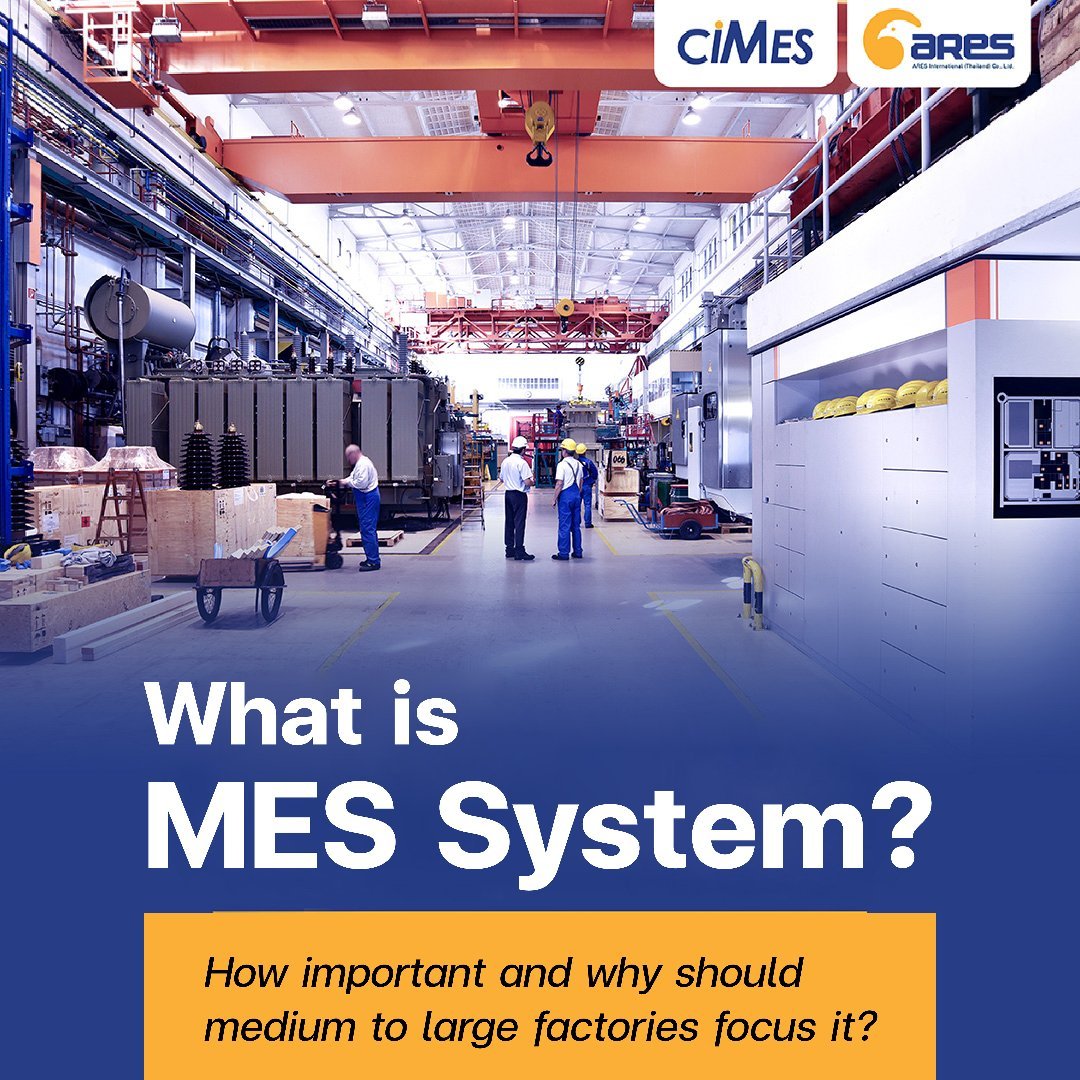All You Need to Know About "Factory Systems"
for Better Performance in the Modern Era
In an era where industrial factories have become a key focus for many business owners, management issues are challenges that most factories inevitably face. These include production delays, wasted budgets, inefficient industrial factory systems, and complex quality control processes, all of which directly impact business reputation.
Adopting new technology to manage factory systems is a solution that we believe can improve your factory's operations, making them faster and more efficient.

What is a Factory System?
A factory system refers to the management and planning of various processes in the manufacturing industry, integrating labor, machinery, and modern technology into industrial factories. This system transforms factory operations into a modern, easily managed structure, allowing for better quality control of products being sold in the market.
It is evident that businesses offer different products and services, so choosing the appropriate factory system tailored to each business is crucial. Proper planning ensures smooth operations between labor and machinery.

The 7 Levels of Factory System Management in Industrial Manufacturing
The Industrial Automation Pyramid is a model that highlights essential components for advancing production processes and overcoming business competition. The seven key levels include:
- Field Level: Controls production processes using electrical equipment to manage machinery, such as sensors and actuators.
- Control Level: Automates the control of electrical systems at the Field Level, often using Programmable Logic Controllers (PLC).
- Supervisory Level: Consolidates control systems using SCADA and HMI to display production data and issues with alert signals.
- Planning Level: Implements the Manufacturing Execution System (MES) to monitor and control real-time production processes from raw material selection to product manufacturing.
- Management Level: Uses data from MES to integrate with the Enterprise Resource Planning (ERP) system, enabling effective business decision-making.
- Cloud Level: Connects factory data to cloud storage via the Internet of Things (IoT), allowing workers to access information anytime, anywhere.
- Security Level: Protects and secures data through cybersecurity systems, minimizing internal fraud and external threats.
Two Factory Systems That Enhance Production Efficiency
Utilizing technology to manage industrial factory operations leads to the development of Smart Factories. Two popular technologies, MES and ERP, are essential for improving production efficiency.
-
MES System: The MES system is manufacturing software that tracks, records, manages, and controls production processes by connecting data from materials, labor, and machinery. It offers real-time insights to improve factory operations and enhance product quality.
-
ERP System: The ERP system manages industrial resources, improving efficiency in organization, coordination, and production management. It integrates processes to streamline production.
The Impact of Industry 4.0 and Related Technologies on Factory System Development
Today, Industry 4.0 technologies are pivotal in developing factory systems, offering smoother production processes and greater business value by:
-
Reducing labor dependency: Technology reduces unnecessary human labor, allowing workers to develop skills that benefit the business long-term and minimize errors with more precise machinery.
-
Increasing efficiency: Modern automated systems significantly enhance production quality and consistency, elevating factory standards.
-
Shortening production time: Technology speeds up production, delivering faster and more efficient results compared to manual labor.
-
Transparency and accountability: Business owners can effectively monitor production plans, resource allocation, and key data, reducing fraud risks and fostering trust with customers and investors.
-
Long-term cost savings: Although initial investments in machinery and systems are substantial, they offer long-term benefits by reducing production errors and labor costs.

Conclusion: Transforming Factory Systems for the Modern Workforce
Efficient factory management is vital for productive manufacturing. Business owners must adapt by managing labor, reducing costs, and planning production effectively, utilizing cutting-edge systems and technologies.
If you're unsure where to start, ARES is here to help. As the leading provider of software installation and consulting services, we offer innovative solutions like MES Software Thailand and ArgoERP to drive your business toward its goals.
Contact us
For a demo, please contact us at Contact Us or for further inquiries:
Phone: 0633253640 or 02-6863000 ext. 3042
Email: support@aresth.co.th




